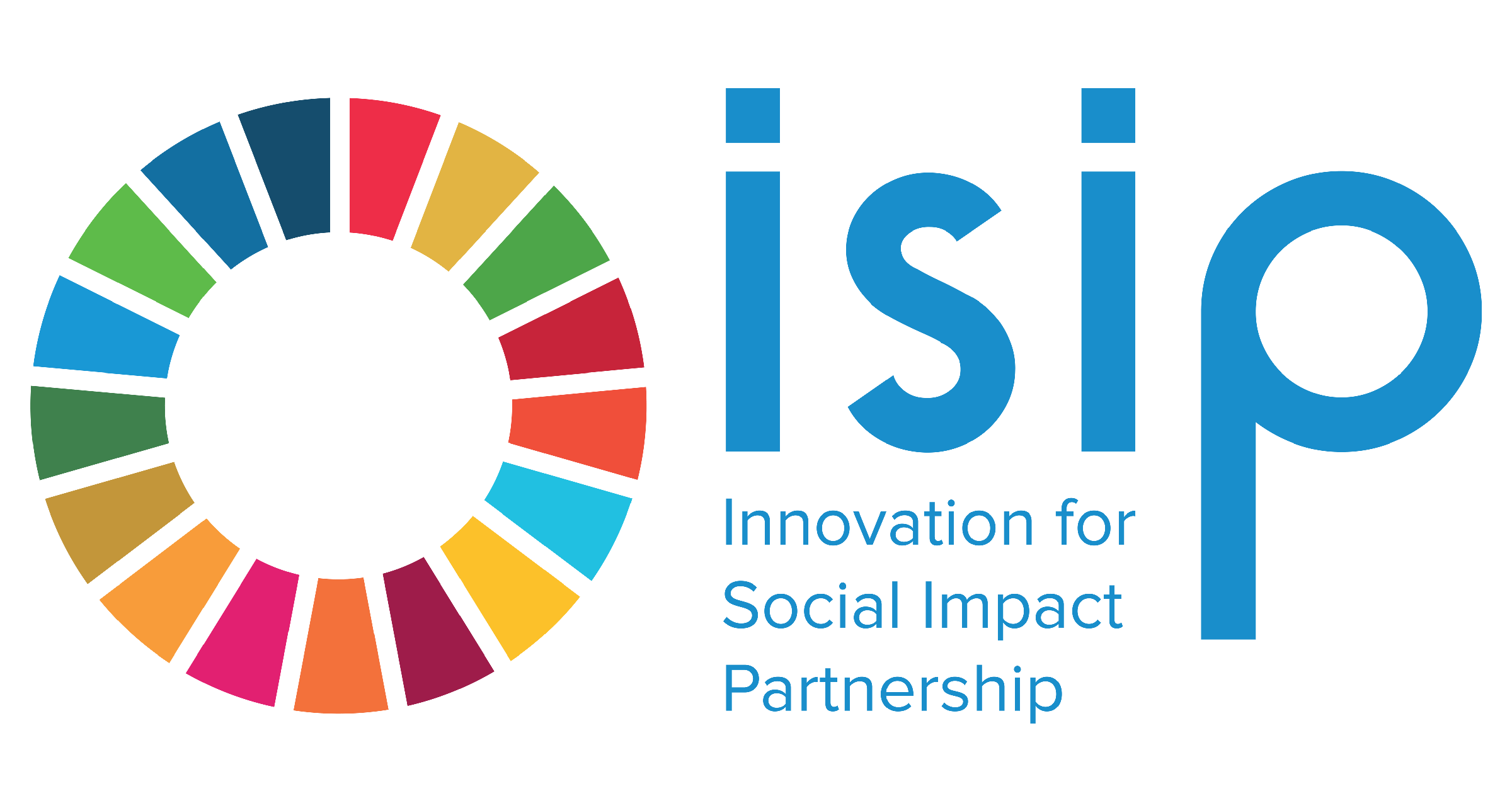Ready? Tech Set? Go?
by Edfe Angelo Lopez
Art by Jazmin Tan
“I am sorry if my camera is off as my internet connection is slow.”
This is just a usual line that you would hear during any kind of virtual meeting or online event. May it be from a social enterprise participant in a learning session or even from a professor participating in the faculty training. We are considered lucky if we could at least hear their voice clearly, saying that they were experiencing connection problems, because at the worst case possible, they would just suddenly get disconnected.
It has been more than a year since the pandemic and most of our daily activities are now being done in virtual spaces. As an IT guy, it is part of my job to ensure that online events happen smoothly. Few months after the lockdown, I needed to get used to virtual meetings immediately and share with every staff member the online tools that would be helpful to their work.
As many were forced to adjust and adapt to the current pandemic situation with the practice of social distancing, and limited outside mobility. Work from home is implemented. Classes are now being held online. Some businesses made a shift on their marketing and sales to social media and apps. But how about those who cannot adapt?
There is clearly a big digital divide in the country. You can see it everywhere, may it be from the perspective of businesses or even in schools. If the pandemic has made many innovations happen, following a fast track on some technologies, this pandemic also magnified how much of a gap we have between online users, just as how we can see it during virtual events. You would notice who among the attendees have better internet connection than the others. Sometimes knowing where they are located could be a giveaway if their connection is good or not.
Apps and web-based solutions are some of the go-to solutions among businesses right now. Some of our social entrepreneurs have already developed apps for their clients. You want to have some food delivered to you, there is an app for that. You want your clean laundry delivered to your doorstep, there is also an app for that now. But, how about delivering solutions for those in the rural areas and the barrios who do not have smartphones? Most of the solutions that are being developed are sometimes so advanced that we forget that there are some people being left behind because of the digital divide. Along with that, sometimes even if we try to bridge the gap by improving their lives through providing them with technology, there is another issue of digital literacy.
Let us say for example we are introducing a solution to a group of people in a barrio and it involves an app. Even if the app is good, there are some people who are still not capable of buying a smartphone. The only thing that they can afford are cell phones that they can use for calls and texts. Let us also say we could provide them free smartphones to use but then, loading their phone for data to access the internet would not always be their priority. Furthermore, signal for the internet is another issue in rural areas. Teaching them to use a smartphone and the app itself would also take some time before they get used to it.
If you have the heart of a social entrepreneur, your solution is not always about the advancement of technology but also part of the community that you want to serve. To cite an inspiring initiative, there is this group of young people that came up with a project solution that comes in a form of SMS notification after finding out the existing gaps and the digital divide. Sometimes we need to take a step back to see the little details that we must first address and not just instantly provide a hi-tech solution. We need to face the reality that despite living a life that is as advanced as the technology that we have today, we still need to address the fact that not everyone has the same level of access to it.
Edfe Angelo Lopez is a licensed librarian with backgrounds in Information Technology, records management, and data privacy. He is the resident geek and tech support guy of PhilDev Foundation, currently serving as Data Privacy and MIS Coordinator.

